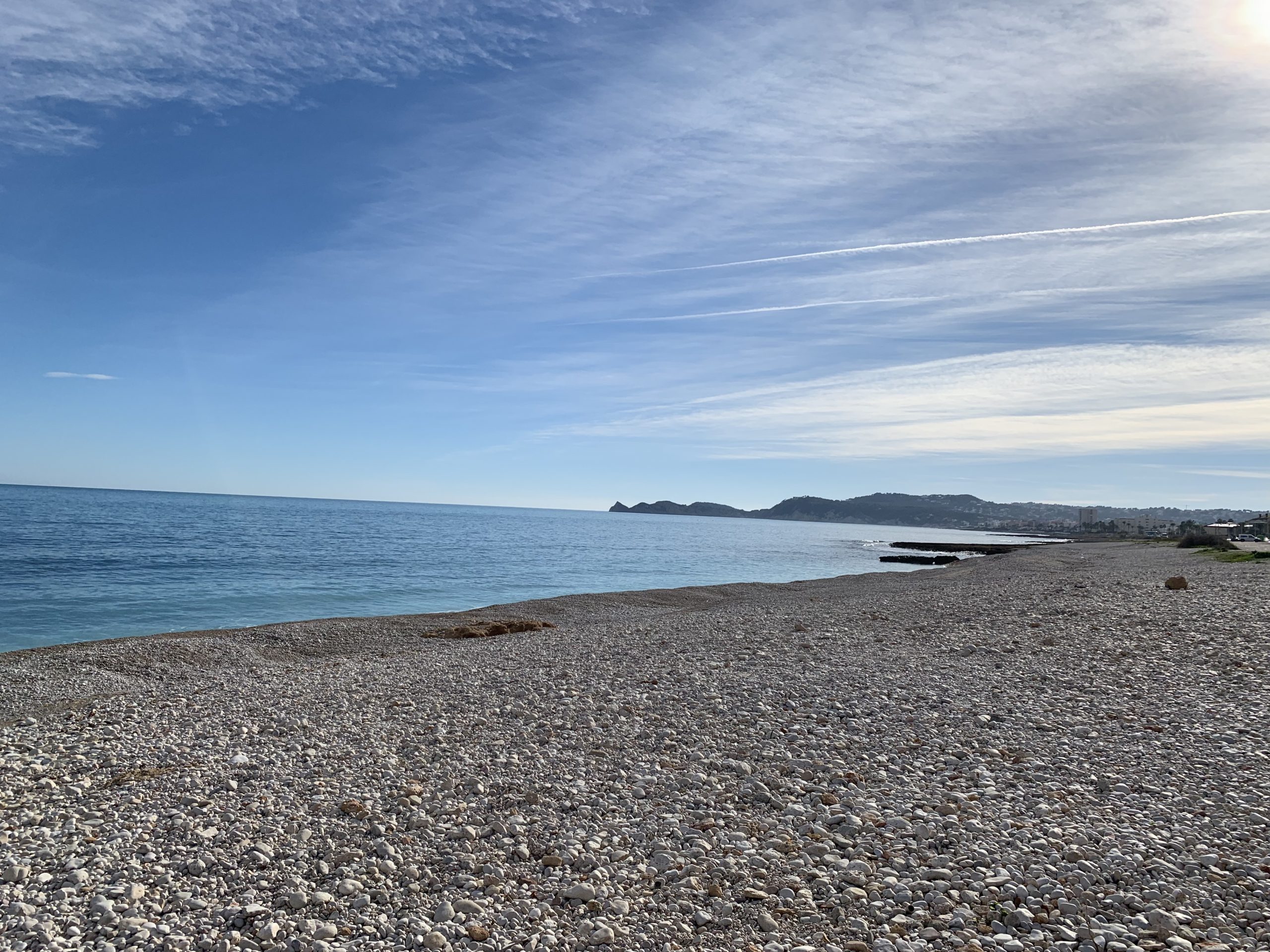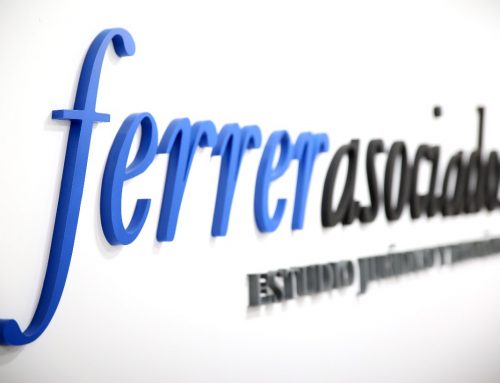Before answering this question, you first need to know whether you are renting out tourist accommodation on your own behalf or on behalf of a third party. This is determined based on how the service is provided. The Directorate General for Taxation will rule that you are providing the service on your own behalf in any of the following circumstances:
a) If the rental agency interacts directly with the tenants (for example, when the property owner does not interact or have contact with the tenants, rather the rental agency makes the agreement with the tenant, hands over the keys and gives instructions on how to use the property, resolves any issues that may arise, for example if the tenants get locked out, problems with electrical appliances, if the property is dirty when they arrive, if they need more towels, sheets, etc.).
b) If the rental agent sets the rental conditions (for example, if the agent is responsible for cleaning the property and washing sheets and towels, etc (possibly through a third-party), the number and/or quality of towels, sheets, cots, etc. in the property, check-in and departure times, makes any necessary repairs and deducts them from the rental payable to the owner, etc.).
c) If the agent is responsible for collecting and receiving the rent (for example, if the agent sets the payment conditions – with the exception of the price, which is usually up to the property owner – as well as booking deposits and the payment timings, payment methods, the dates and how the owner will receive payment, etc.). The most important aspect here is whether the agent receives the money from the tenants and then pays the property owner. At this point, it should be noted that the Directorate General of Taxation has ruled that when a holiday accommodation tenant deposits or transfers rent into the agent’s bank account but specifies the owner’s name and the amount payable to the owner, the agent is a mere intermediary, otherwise, they will deem that the service is provided by the rental agency.
However, when rental agency is deemed to be operating on behalf of a third party, it does no more than facilitate contact between an owner and a tenant who enter into their own holiday rental agreement.
When it comes to value added tax (IVA), when the rental agency is deemed to be acting on behalf of a third party, it simply issues an invoice for the service rendered, which is subject to VAT at a rate of 21%. Regarding income tax, other than in special cases where the rental is part of the owner’s business operations, income tax, corporation tax and non-resident income tax should not be withheld from the rental income.
If, however, the rental agency is acting on its own behalf (in any of the circumstances described above), in order to comply with VAT requirements it must obtain an invoice from the owner for renting the property to the property agency. This is subject to the mandatory 21% IVA, and the agent subsequently issues an invoice to the tenant for renting the holiday accommodation. If the agent provides additional ‘hotel industry services’, these are subject to IVA at a rate of 10%. If the agent does not provide additional ‘hotel industry services’ then this IVA is not chargeable. We must stress that if the property owners are not resident in Spain and if they do not conduct any business other than rental, they should not charge IVA. This must be charged by the rental agency and, if appropriate, the IVA can be deducted applying the ‘reverse charge’. In terms of income tax on the rental received, the rental agency must also withhold 19% if the owner is a Spanish, European Union or European Economic Area resident and 24% if resident outside these areas.
Examples of ‘additional hotel industry services’ are cleaning the property while the tenants are in residence, household linen laundry service (sheets, towels, etc.) while the tenants are in residence; breakfast, lunch, snacks or dinner services while accommodated at the property, permanent services for tenants in a specific part of the property, etc. These services need not necessarily be provided by the property agent and can be subcontracted.
It is extremely important it is to correctly analyse each rental situation and to determine whether the property agency is providing ‘hotel industry services’, because if this is not the case, and since the IVA is not payable by the tenant, the property owner is liable for this at a rate of 21%, and it is not deductible, even when the owner is non-resident and the reverse charge system applies.
Therefore, we strongly recommend that holiday rental agents make absolutely sure that they are declaring income from these rentals correctly to avoid incurring significant tax losses when carrying out these types of transactions.







Mantente en contacto